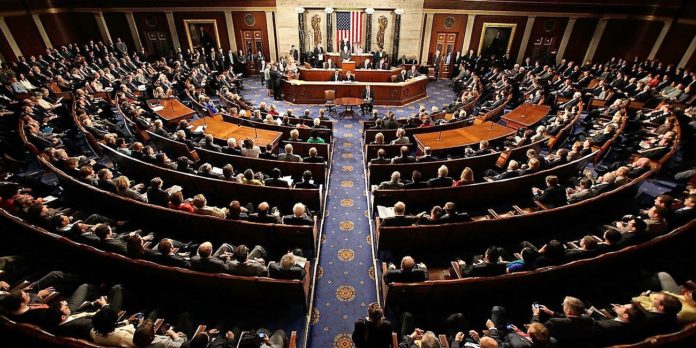WASHINGTON, D.C. – What better time to bone up on your congressperson’s position on cannabis than with a month to go before the midterms? Maybe, like John Boehner, their thinking on the subject has evolved. To help in the matter, the National Cannabis Industry Association (NCIA) has released an interactive Congressional Scorecard, which provides the voting history of members of the House of Representatives, and more.
Each member is evaluated using two criteria. First, the scorecard provides their voting history on cannabis-related appropriations amendments considered between 2014 and 2016. Next, it identifies cosponsors of six cannabis-related bills introduced in the House and Senate.
“The six specific pieces of legislation that were considered in the scoring were to prevent expenditure of federal funds to interfere with state laws related to hemp production, medical marijuana, adult use cannabis programs, and cannabidiol (CBD); provide safe harbor to financial institutions to work with the legal cannabis industry; and allow doctors in the Veterans Affairs system to discuss cannabis with their patients and recommend it under applicable state laws,” NCIA said in a statement.
About the scorecard, which also includes cannabis-related information about individual states, NCIA executive director Aaron Smith added, “As more and more states move toward ending cannabis prohibition, it is becoming increasingly important for voters to know if their federal representatives are working to protect and promote their states’ successful medical and adult-use marijuana programs. We hope they will take a hard look at this scorecard, back the lawmakers who support common-sense cannabis policy reform, and hold those who are undermining their constituents accountable.”
In addition to individual members of congress, a handful of states have cannabis- or hemp-related initiatives on the ballot this November, including Colorado, Michigan, Missouri, North Dakota, Oklahoma, and Utah. Complete information about these ballot measures can be found at Ballotpedia.








